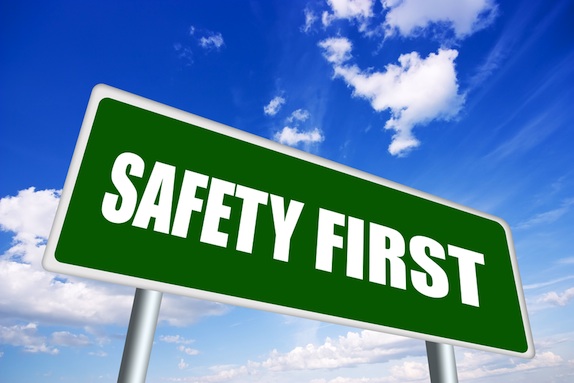The Center for Chemical Process Safety (CCPS) International Conference is one of four parallel symposia that comprise The Global Congress on Process Safety (GCPS). Organized by volunteers from industry and academia, the CCPS conference promotes process safety by identifying emerging process safety issues and advancing leading process safety management practices. It is dedicated to managing process safety systematically, locally, regionally and internationally.
The conference agenda will consist of nine sessions, each with three 25-minute presentations. Papers are selected by session chairs based on an abstract of 100-200 words. The abstract must offer a brief account of the contents, conclusions, and the relevance to the topic area. Submitted abstracts must include the author(s), their affiliation, full address, email, and phone number. The papers will be published in the GCPS proceedings.
Meet the Chairs - Chair Photos
CCPS Chair:
-
Donald J. Connolley, CCPS_chair@aiche.org
CFA Session Topics:
Process Safety Competency of Management
Case Histories (GCPS Joint Session)
Assuring/Verifying Barriers
Barriers are put in place to keep operations within specified parameters, or to mitigate if operations move outside of parameters and progress along a path toward an incident. This session seeks papers on the processes that are used to assure or verify that barriers which have been identified and put in place are robust, and will serve their purpose should they be called upon. Of particular interest are examples showing what has worked, difficulties encountered on the journey and how these have been overcome, and practical advice and learnings that can be shared.
Human Performance
Human performance has long been recognized as a factor in process safety performance. This subject area has received renewed interest and activity recently as fertile ground to make a “jump” in improved process safety performance. This session seeks papers that offer insights into improving human performance from a management systems perspective. Also desired are stories of the journey that have been taken to improve human performance in facilities, including efforts that have enabled good performance, management practices to avoid as an impediment to good human performance, and learnings that can be shared.
Operating Discipline
Experience has shown that operating rigor, in the form of a culture of “doing things right”, sound operating procedures, good operating practices, consistency and well-applied training, can reduce process safety incidents and “near-hits”. This session seeks papers that describe approaches to instilling operating discipline in facilities and companies. Stories of interest are a description of the journey taken, attributes and practices that have worked, pitfalls to avoid, and advice and learnings that can be shared.
Doing More with Less
The reality of the global economy forces facilities to consider ways to increase productivity and maximize efficiency. Employees are often encouraged to “do more with less”, with subsequent performance evaluations based on their ability to deliver. Process safety professionals can be uniquely challenged in this situation since the events they seek to prevent may never have happened. This session seeks papers that describe methods for maintaining excellence in process safety in a challenging economic environment. Of particular interest are stories related to integrating process safety into process design and daily operations to maximize productivity and avoiding a “regulatory compliance only” process safety culture.
Contractor Management
Contractors are a vital part of a facility’s ability to obtain the necessary resources to support operations, especially with maintenance activities, turnarounds and construction. Contractors that provide engineering services may be involved in many aspects of a facility’s process safety management program. This session seeks papers that address the challenges of contractor management, including providing adequate oversight for scope of work and setting expectations for work products, delivering appropriate training and providing necessary hazard information, dealing with lack of internal subject matter expertise, and establishing an effective partnership with contractors.
Contractor as Operators
Outsourcing operations tasks to contractors results in the potential for those employees to be exposed to hazards within the facility. As a result, these employees need sufficient hazard information and communication. Integrating contractor operators into an existing process safety management program presents some unique challenges. This session seeks papers that address best practices and approaches to involving contractor operators into a company’s PSM program and process safety culture. Stories of interest include the challenges associated with co-employment issues, as well as managing differences in risk tolerance and risk criteria between the operating company and the contractor.
Process Safety Competency of Management
Process safety professionals are often called upon to present risk information to management. Management is then expected to make the necessary risk management decisions. This presents a challenge when management does not possess the necessary process safety competency to make informed risk decisions. This session seeks papers that highlight effective PSM training methods for managers, particularly those for risk-based process safety, with best practices for bridging the gap between subject matter experts and managers.
CCPS Spotlight
Case Histories (GCPS Joint Session)
Reviews of process safety incidents provide valuable learning opportunities. This session invites papers to help understand the causes and lessons learned from incidents in the industry with an emphasis on events that have helped define and develop the process safety field over the years.

